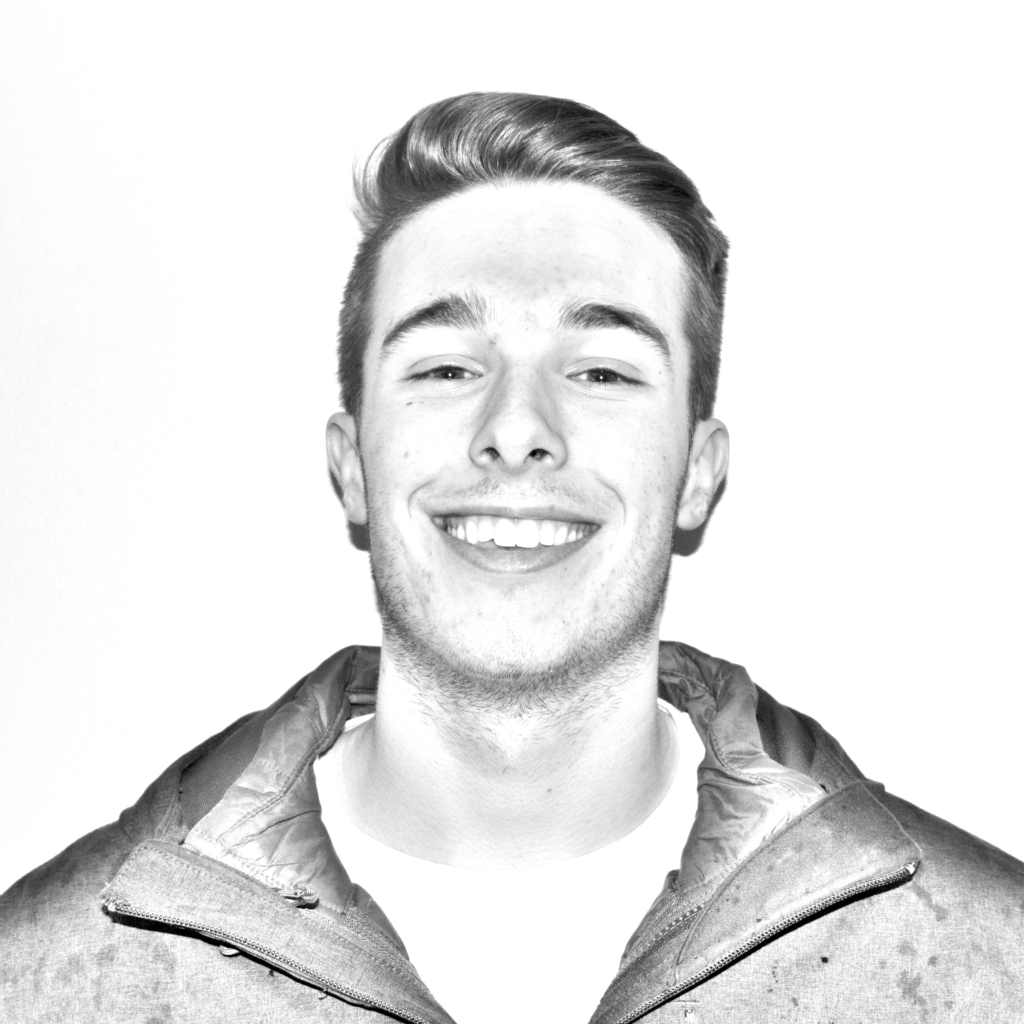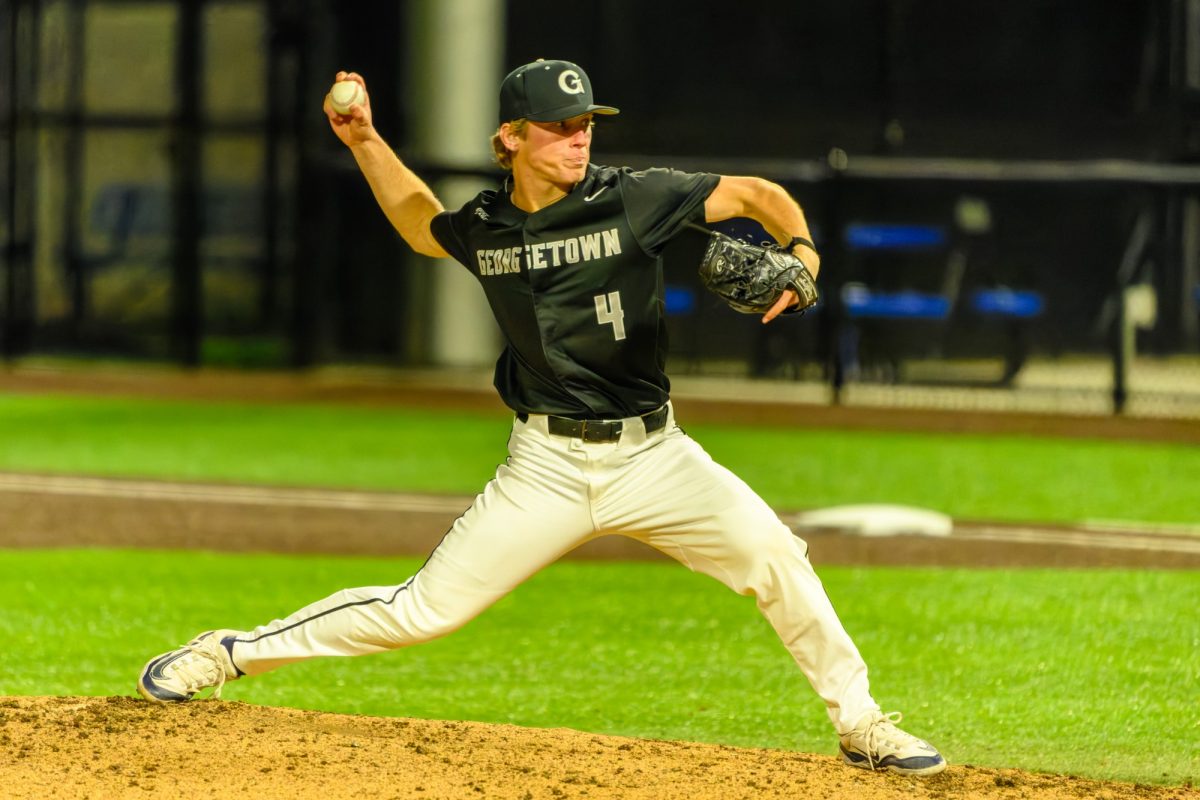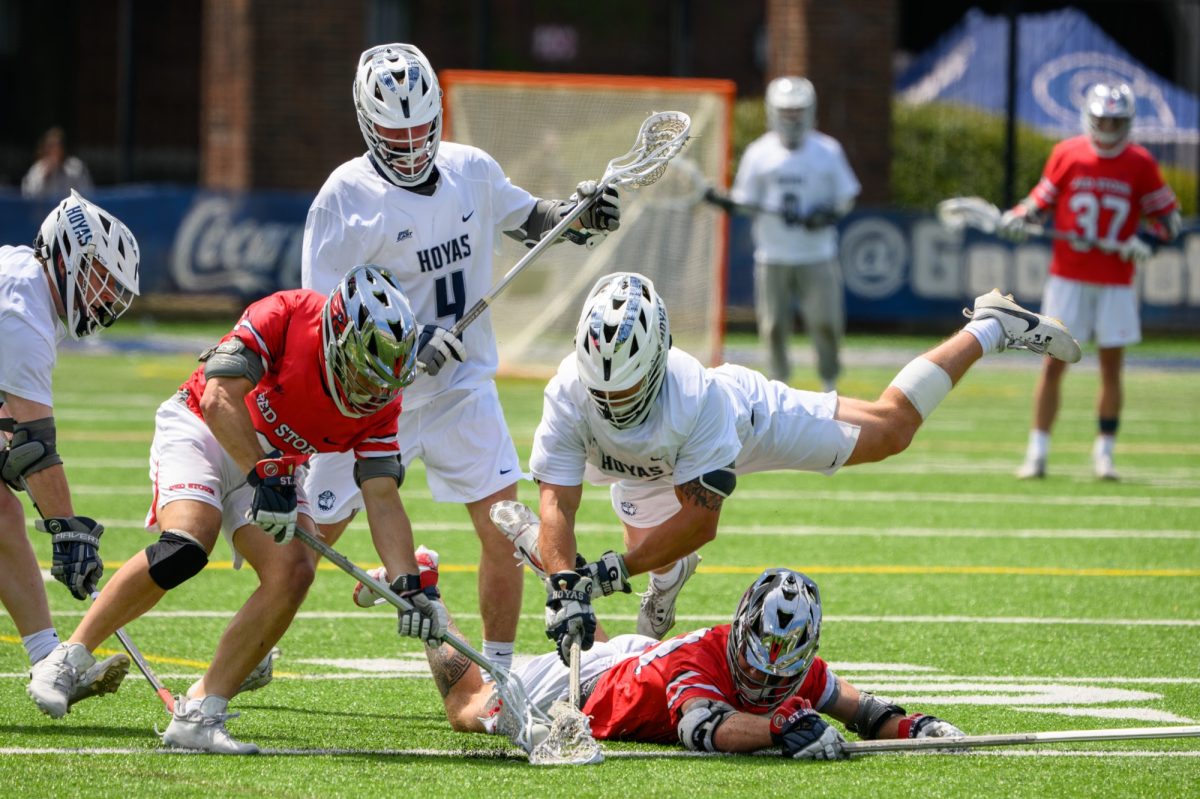The NBA’s decision to institute a leaguewide mental wellness program last month provided hope the league is ready to take concrete measures to ensure the mental health of its players.
The two players credited with prompting this change are All-Stars DeMar DeRozan and Kevin Love, who publicly shared their stories in February and were met with widespread support from fans and the league.
However, neither DeRozan nor Love started the conversation about the hidden stressors of professional basketball: That distinction belongs to Royce White, the NBA’s self-proclaimed mental health pioneer who you probably have never heard of.
A 6-foot-8, 260-pound point forward, White was one of the best Minnesota high school prospects in history. After a standout freshman year at Iowa State in 2011, he was selected 16th overall by the Houston Rockets in the 2012 NBA Draft and signed a $3 million, two-year contract.
A tumultuous NBA career saw White play in only three games because of a generalized anxiety disorder that prevented him from flying. He now plays for the London Lightning of the Canadian Basketball League.
White, who was officially diagnosed with generalized anxiety and obsessive-compulsive disorder as a teenager, tried to get permission from the Rockets to ride a bus to away games instead of flying on the team plane. He was met with hesitation, as the exception could set a precedent for the rest of the league.
When he asked for a meeting with then-commissioner David Stern about the issue at large, he was flatly rejected.
White’s rapid fall from the highest levels of basketball had nothing to do with his talent, which is indisputably NBA-worthy: He currently averages 24.4 points, 9.1 rebounds and 5.6 assists per game in Canada. Rather, his move to London is the product of a standoff with the NBA over how it addresses mental health issues.
Unlike almost every aspect of players’ physical health, players’ mental well-being was not mentioned in the collective bargaining agreement between the league and the National Basketball Players Association when White was drafted, despite its emphasis in the current version of the agreement.
White’s battle with the NBA has brought into conflict what one sports league is — and what it should be. Especially in professional sports, a fine line exists between employer and community.
White believes NBA culture has a societal responsibility that extends beyond its courts. Over the past several years, athletes who have been diagnosed with mental illness ranging from depression to anxiety disorders to bipolar disorder have started speaking out about their struggles.
Still, no player except White has put his NBA dream on hold and turned down a massive paycheck to become a symbol for mental health policies. The current salary cap in the Canadian league is about $110,000, just over 20 percent of the NBA’s minimum salary of $543,471.
White’s decision not to return to the NBA has baffled many in the basketball world. However, White says the Canadian league offers him something more valuable than money — a personalized mental health care system.
Today, White continues to preach mental health on Twitter to over 308,000 followers, often posting reassuring messages and re-tweeting stories about his journey, always followed by the hashtag #BeWell. Yet, despite how content he seems with his post-NBA life, White has not forgotten how cheated he feels by the league.
In response to the outpouring of support for DeRozan and Love, White seemed frustrated that others were being recognized for sharing their stories while he was not.
“It’s strange to see people take the credit for something that you pioneered,” White wrote.
Additionally, in an interview with Yahoo Sports, White confirmed his skepticism the league will welcome him back with open arms.
“I believe in order for true progress to happen, there has to be genuine care,” White said.
Still, White’s fight is not a selfish one. He is “totally in support” of Love and DeRozan coming out about their battles with anxiety and depression, but he laments it took this long for other players to feel comfortable speaking up. White also argues the league’s receptiveness to the complaints of two All-Stars further validates his concerns that voices will not be heard without the proper clout.
On the whole, White is not angry about his brief NBA career. Even if the issue of mental illness, which he sought to bring to light several years ago, is finally gaining some official traction, White does not expect the league to attempt to or actually repair burnt bridges. For now, he keeps playing north of the border and sharing his story to those who will listen.
To access mental health resources, reach out to Counseling and Psychiatric Services at 202-687-6985, or for after-hours emergencies, call 202-444-7243 and ask to speak to the on-call clinician. You can also reach out to Health Education Services at 202-687-8949. Both of these resources are confidential.
Carter Owen is a sophomore in the McDonough School of Business. THE HIDDEN OPPONENT screaming appears every other Friday.















